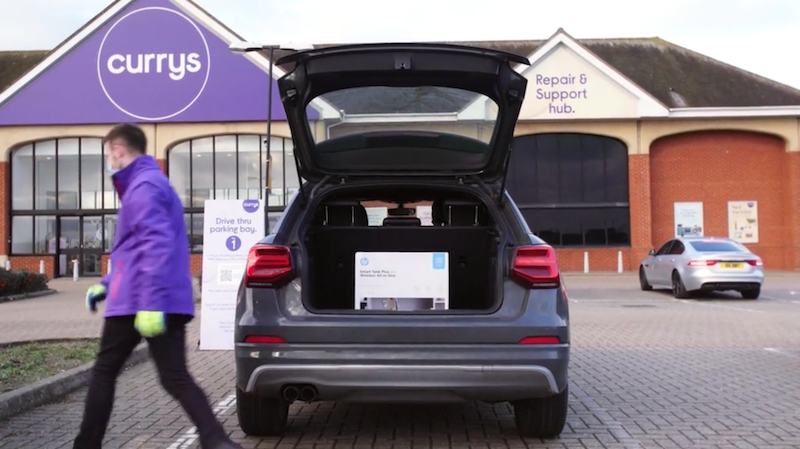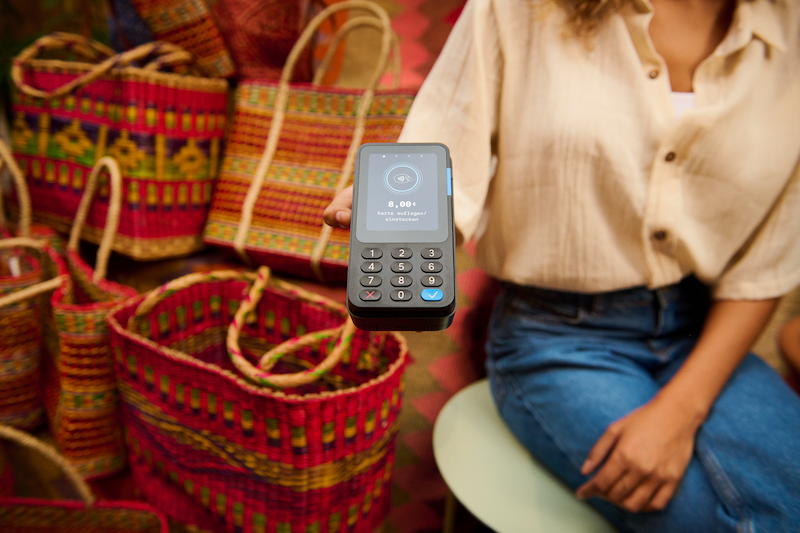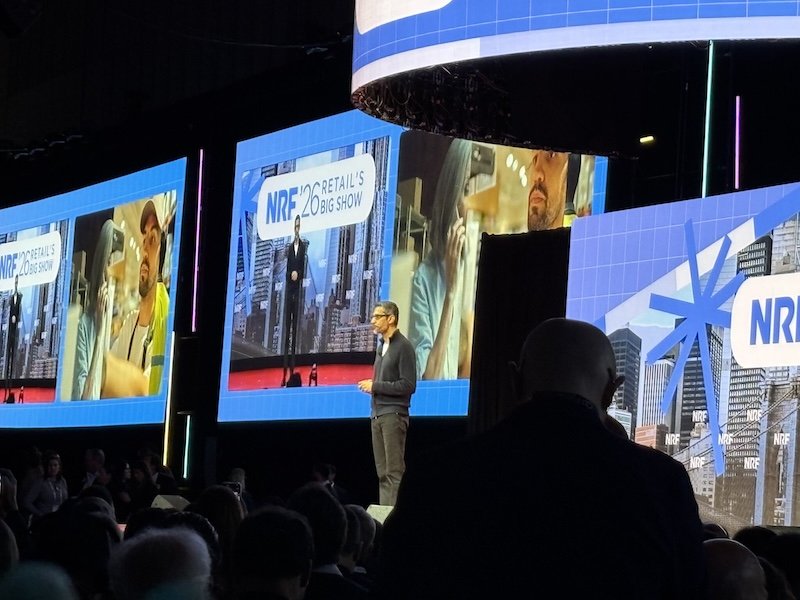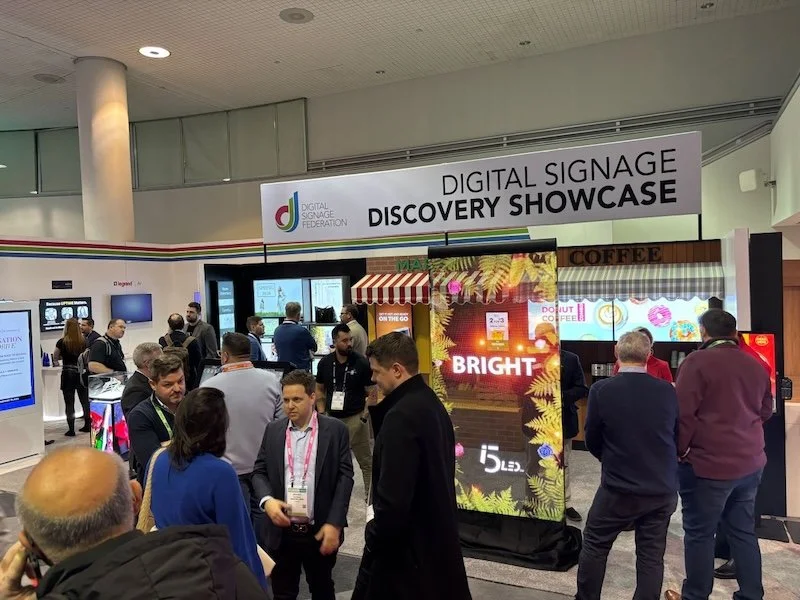Startup Q&A: Karakuri CEO and Co-founder, Barney Wragg
Earlier this year, Ocado stumped up £4.75 million for a minority stake in UK robotics firm Karakuri. RTIH caught up with Barney Wragg to see what all the fuss is about.
RTIH: Tell us about Karakuri
BW: We’re delivering a new form of made-to-order convenience food. The future of food is about mass personalisation of nutrition. In that vein, we see automation enabling a new type of restaurant offering - delivering hyper-personalised nutrition and using end to end process control to minimising food waste. Our technologies allow consumers to take control of their food, ordering it exactly the way they want it for reasons of choice, nutrition or dietary needs.
This level of hyper-personalisation means that every meal has to be created to order, on-demand. Our systems allow food retailers to provide on-site preparation of personalised meals, signifying a move away from mass prepackaged meals and significantly reducing food waste.
Our technology is different to other robotics systems thanks to its ability to deliver personalised, freshly prepared meals in lower-order volume environments, such as restaurant kitchens and in-store retail.
RTIH: What was the inspiration behind setting the company up?
BW: Karakuri was born out of a need to update and transform the ready-to-eat meal market. There’s no shortage of stories about failing restaurant chains, and the pressures around working environments and food quality.
At the same time, there continues to be a massive shift in how we get hold of what we eat - from the growth in Click & Collect shopping to on-demand delivery food services. We see robotic food preparation as the next stage of the evolution.
The emergence of lower-cost robotics and machine learning systems led us to believe that these technologies could be adapted for the restaurant and catering sector. In late 2017, myself and my co-founder, Simon Watt, developed the concept into Karakuri as it is today - a food-to-go robotic platform.
“We have the potential to revolutionise the ready to eat market and our focus over the next 12 months is to make that potential a reality”
RTIH: What has been the industry reaction thus far?
BW: We are pleased that the reaction has been very positive so far. We’re engaged with all sectors of the industry from contract manufacturers and restaurateurs to traditional bricks and mortar and online retailers.
It’s significant that our lead investor was Ocado, who see huge potential in pre-prepared, personalised food delivered as part of a wider grocery order.
RTIH: What has been your biggest challenge/setback?
BW: Our biggest challenges have been capital and people. Robotics and hardware-based businesses have a long growth cycle and are capital intensive in their development. The UK and European startup and venture funding market has grown dramatically in the last ten years, but with a significant bias towards software businesses. The market in Europe is not as evolved as the US for hardware businesses.
Our second challenge has been recruiting people. The lack of investment in European hardware businesses has given rise to a lack of talent in the market. Many skilled engineering in the UK and Europe have been able to earn more money in the better developed US market, leaving a significant shortage of talent in Europe with hardware experience.
RTIH: What's the best question about your company or the market asked of you recently by a.) an investor and b.) a customer?
BW: The most frequent question is how do we clean it?! This is also probably one of the best questions as we devote a huge amount of time and energy to designing our systems to exceed food safety standards and at the same time be simple to operate and maintain.
RTIH: What can we expect to see from Karakuri over the next 12 months?
BW: We have the potential to revolutionise the ready to eat market and our focus over the next 12 months is to make that potential a reality.
As the food retail market continues to focus on more on personalised food, we will see the demand for labour optimised solutions increases. We’re creating a new, smart way to personalise and prepare fresh meals - readdressing the balance between customer demand for personalised meals, which are more complex and labour intensive to produce, with staff welfare and restaurants margin.










Continue reading…